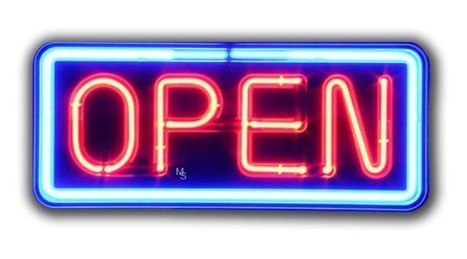Scholarly publishing takes place in an institutional arena that is opaque to its practitioners. As readers, writers, reviewers, and editors, we have no clear view of the system within which we’re working. Researchers starting their careers receive (if they’re lucky) folk wisdom and mythology handed down from advisor to advisee, geared more toward individual success (or survival) than toward attaining a systemic perspective. They may learn how to get their work into the right journals or books, but often don’t learn why that is the outcome that matters for their careers, how the field arrived at that decision, and what the alternatives are – or should be. Gaining a wider perspective is important both for shaping individual careers and for confronting the systematic problems we face as a community of knowledge creators and purveyors.
Via Elizabeth E Charles



 Your new post is loading...
Your new post is loading...







